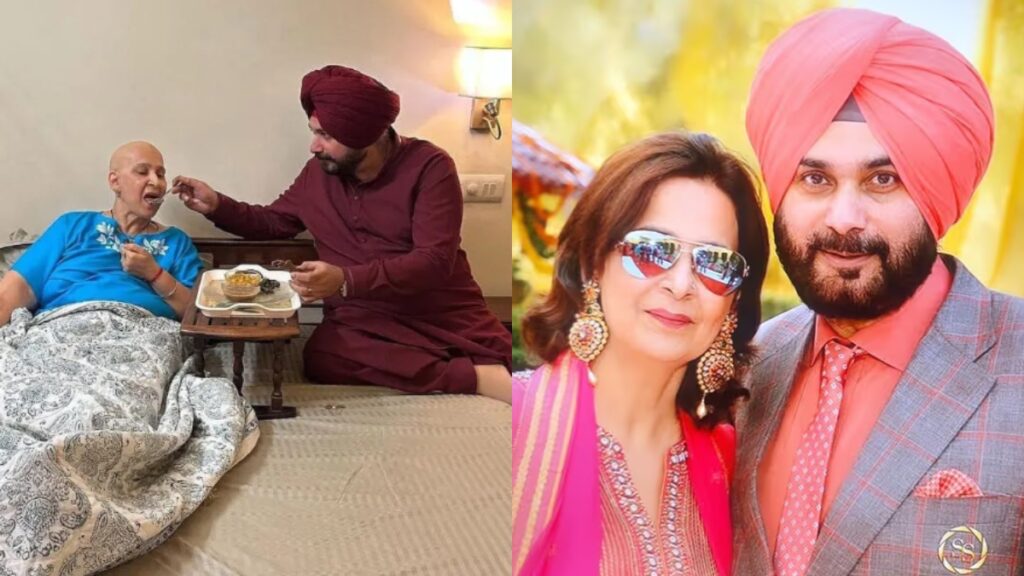Radiation Therapy: What Patients Should Expect
Facing cancer treatment can feel overwhelming, and radiation therapy is no exception. However, understanding what to expect can make the journey less intimidating and empower you to approach it with confidence. Radiation therapy is a highly effective and precise treatment that targets cancer cells while protecting as much healthy tissue as possible. This guide will walk you through the process and help you prepare for each step.
What is Radiation Therapy?
Radiation therapy uses high-energy rays, like X-rays, to destroy cancer cells by damaging their DNA. This stops the cells from growing and dividing. The treatment is carefully planned to focus on the cancer area while minimizing harm to healthy tissues. It may be used on its own or combined with other treatments, such as surgery or chemotherapy, depending on your specific needs.
Before Treatment: Getting Ready
The first phase of your treatment involves meeting your radiation oncologist and preparing for the sessions. Here’s what to expect:
- Understanding Your Diagnosis: Your doctor will explain the type and stage of your cancer and how radiation therapy will help treat it.
- Health Assessment: They will review your medical history and any ongoing health issues to create a personalized treatment plan.
- Imaging Tests: Scans like CT or MRI will map the exact location of the cancer. This information helps your care team design an effective and precise treatment plan.
- Treatment Planning: Using the imaging results, your team will calculate the correct dose of radiation and the best way to deliver it while protecting nearby healthy tissues.
During Treatment: What Happens
Radiation therapy usually involves several sessions over a few weeks. Here’s what you can expect during this time:
- Preparation: You’ll lie on a treatment table in a specific position to ensure accuracy. Sometimes, molds or masks are used to help you stay still. Small marks or tattoos may be applied to your skin to guide the treatment.
- The Treatment Session: The radiation machine directs beams to the cancer site. The procedure is painless, and the machine doesn’t touch your body. Each session lasts a few minutes.
- Daily Routine: Most sessions are quick, allowing you to continue with your daily activities. However, you might need to adjust if you experience fatigue or other side effects.
Side Effects: What You Might Experience
Radiation therapy is precise, but it may cause side effects depending on the treated area. Common side effects include:
- Skin Changes: The skin in the treatment area might become red, dry, or itchy.
- Fatigue: Many patients feel more tired than usual, especially as the treatment progresses.
- Localized Effects: For instance, radiation near the stomach might cause nausea, while treatment near the head could lead to mouth sores.
Your medical team will provide guidance on managing these side effects and may prescribe medications or recommend lifestyle adjustments to help.
After Treatment: Moving Forward
Completing radiation therapy is a significant milestone, but follow-up care is essential to ensure the best outcome:
- Regular Check-Ups: Your doctor will monitor your recovery and assess how the cancer is responding to the treatment.
- Managing Delayed Side Effects: Some effects might appear weeks or months after treatment. Your care team will address these as needed.
- Support Services: Many clinics offer counselling, support groups, and nutritional advice to help you maintain your well-being.
Tips to Prepare and Stay Strong
- Stay Informed: Don’t hesitate to ask your doctor or care team any questions you have about your treatment.
- Maintain Healthy Habits: Eat a nutritious diet, stay hydrated, and get plenty of rest to support your body during treatment.
- Seek Support: Lean on family, friends, or support groups for emotional and practical help.
- Communicate: Share any concerns or side effects with your medical team so they can assist you promptly.
A Journey of Strength and Hope
Radiation therapy is a powerful tool in the fight against cancer. By understanding the process and staying connected with your care team, you can navigate this journey with confidence. Each session brings you closer to recovery and a healthier future.


